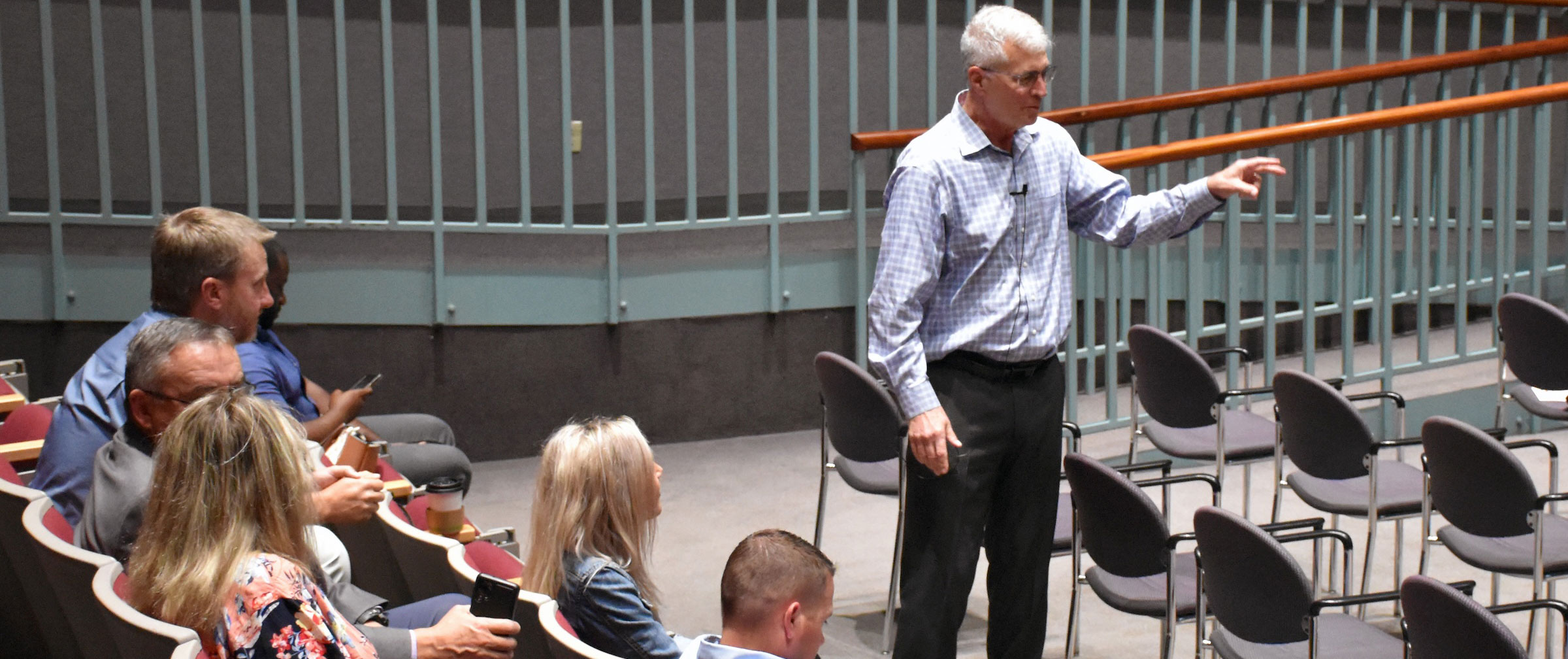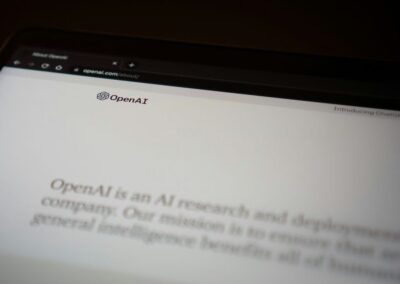I was recently asked to give a presentation to a physician leadership seminar. When I offer a presentation to a group I typically ask the program director the following question: “What are the two or three main points you would like me to address to hit a home run for your audience?”
My assignment from this client: 1. Managing Change and 2. Avoiding Physician Burnout.
My first thought was that these two topics were pretty random. But as a veteran speaker, I am used to putting together presentations that tie diverse topics into a single theme. So I thought, what does managing change and avoiding physician burnout have in common. I started by writing down the key points of each one:
1. Managing Change– Change is ubiquitous. Managing change is simply a necessity of life. Such is true in health care. Deming stated years ago: “It is not necessary to change. Survival is not mandatory”. I could recite many more wise quotations. Sometimes I think that change is so deeply woven into health care that I have concluded we are in the business of change– health care is our product. I tell CEOs that if a physician says “I have done it this way for 20 years”, it should scare the heck out of them. Similarly, I tell physicians that if a CEO tells them “I have run a hospital this way for 20 years”, it should equally scare them.
Yes, health care in the business of change. Appropriate management of change is an absolute prerequisite for the successful hospital or medical practice. So to speak on the importance of managing change is a no brainer and I have spoken on this issue hundreds of times before.
2. Avoiding Physician Burnout—Clearly, burnout is a huge problem for physicians today. Over 50% of physicians nationwide now report some form of burnout. But, it is very shortsighted to think that burnout is just a physician issue. Typically, burnout is attributed to too much work, but that is overly simplistic and it misses the main point. Physicians are highly motivated and accustomed to work. Residency training made us work non-stop 60-80 hours a week with a bunch of call added onto it. No, it’s not the work. Rather it’s the chronic sense of hopelessness, the feeling that the physician is on a treadmill, and not doing useful or satisfying work. Bottom line, the physician feels that he/she is no longer making a difference. The practice of medicine has changed drastically since I was a resident. The various stresses and demands are different. A key part of managing physician burnout is helping the physician adapt to the changing health care environment. I decided to develop my presentation to include managing change as a better way to avoid symptoms of burnout.
Then I suddenly realized the connection. My two topics had a huge commonality.
The unsuccessful management of change is intimately related with the development of signs and symptoms of burnout. Put in the reverse, learning how to better manage change, whether it be in the workplace or in the family life, is a key piece in avoiding what ultimately would present as burnout.
Burnout can be attributed to a large extent as the logical consequence or sequelae of the unsuccessful management of change.
So managing one may help manage the other. Learning successful ways to better recognize and manage the changing environment may alleviate some of the symptoms of burnout.
The association of maladaptation to change and the subsequent development of burnout deserves further consideration. Since change is showing no signs of slowing down in health care, this pattern can only get worse in the near future.
Change management programs have been helpful in many industries and especially health care. Incorporating these techniques into the daily lives of the physician may be a new opportunity to achieve better results with physician burnout
The etiology of physician burnout is multifactorial with many risk factors, but and perhaps an especially important factor is maladaptation to change.
Maybe there was a reason after all that my client asked for these two specific topics to be included in their leadership seminar.
Maybe we can all learn something here to better manage change and reduce the incidence of burnout.
The speaker just did.




